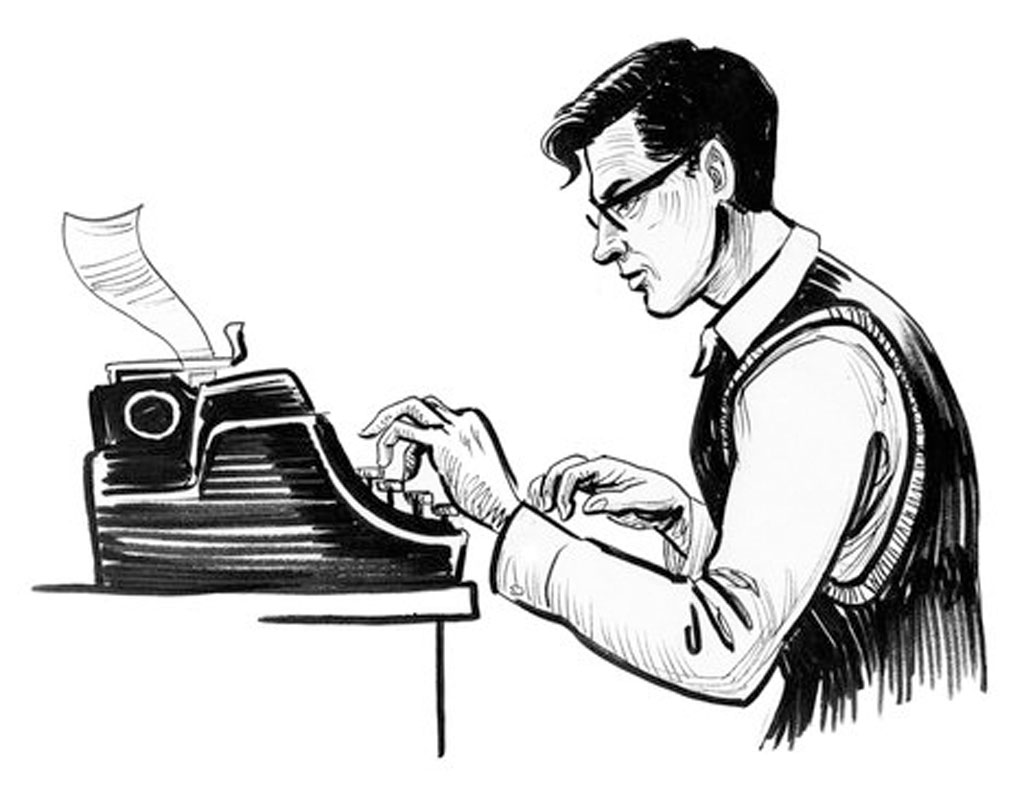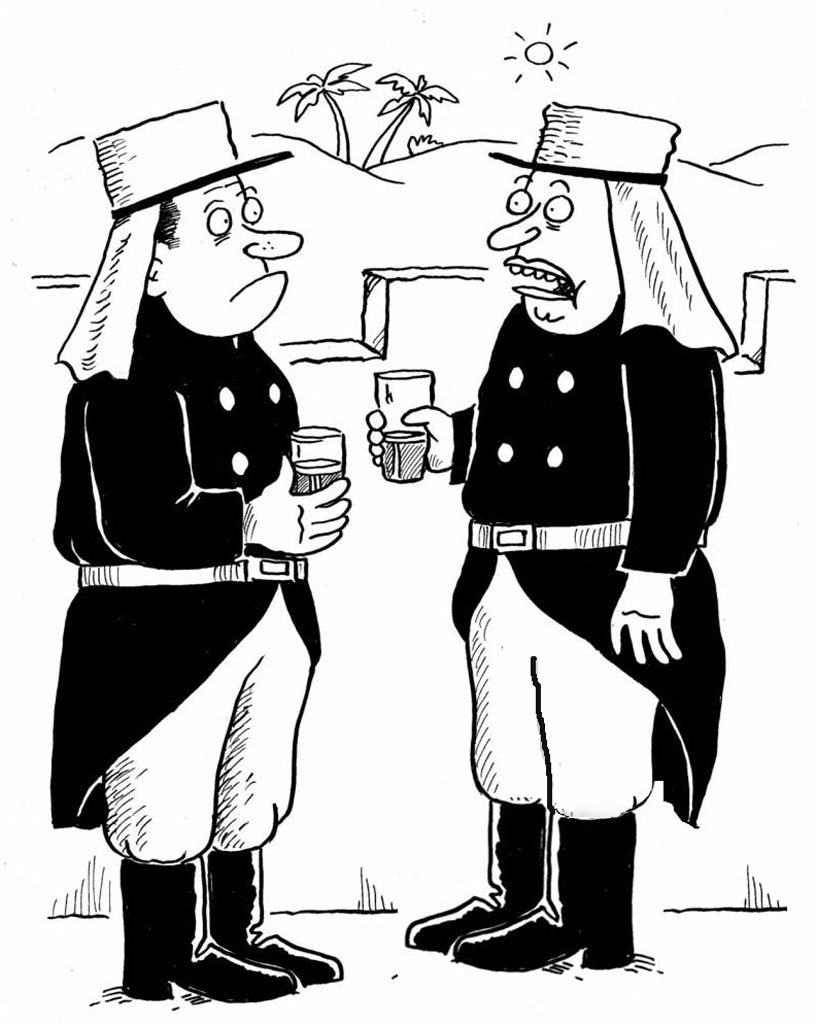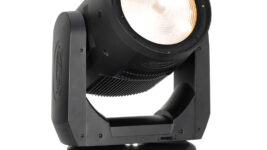THE GAFFA TAPES
18 Feb 2025
Not On The Write Track

Subscribe to CX E-News
Snippets from the archives of a bygone era
Like most kids, I didn’t know what I wanted to do when I left school. I wrote poems, and I was often asked to write humorous poems for other people; I even ghost-wrote love poems for mates to romantically recite to their girlfriends. There wasn’t a big demand in the workplace for poets, so I applied for a plethora of jobs as an advertising writer but was continually turned down. The 60s pop music explosion then steered me into writing song lyrics and eventually adding melodies.
My first job as a junior clerk in 1964 on the NSW Government Railways was possibly the most boring time of my life. As I sat staring at the slow-ticking clock one late afternoon, a senior clerk approached me and whispered, “Don’t be a clock-watcher.” So, to fill the tedious hours, I wrote song lyrics.
Here Comes the Sun
One of my early compositions in 1964 had the working title “Here Comes the Sun.” My idea was to take the ancient religion of sun-worship and ask the sun deity to heal the anguish of unrequited love. How was I to know that five years later, in 1969, George Harrison would write a worldwide hit with the same title?
But while the ink was still wet on the paper, I changed the title to “Here Comes the Solar Guardian of All,” thinking “Here Comes the Sun” to be too corny.
Here comes the solar guardian of all, Please catch my tears or else they will fall,
Please catch my tears dry them from my eyes, Here comes the solar prince of the skies.
The Dark Side of the Moon
By the late 60s I had formed a songwriting partnership with a workmate, Tony Bellette. We wrote and submitted a lot of stuff to producers, all to no avail. After Tony departed interstate, I bought a guitar and continued writing. My ambition was to have an album of songs that would miraculously elevate me to fame and fortune.
One night, circa 1969, a friend of mine, Bob Murphy, who had taken to frequenting Sydney’s Kings Cross nightclubs, showed me around some of his haunts. Murphy used to tell the girls he was an airline pilot; he did hold a PPL (private pilot’s licence), but he only flew Cessnas. That night he insisted that I also feign a classy profession. So I said, “Ok, I’ll be a writer.”
Murphy took me to Les Girls, which was Sydney’s premier drag carousel club, then onto the famous strip club, the Pink Pussycat, where he introduced me to Carol, whom I bought a drink for while Murphy chatted with her friend. After a while Murphy came over with a smirk on his face and said, “Do you like that girl?” “Why are you asking?” I enquired.
“Because it’s a bloke,” said Murphy, who turned to Carol and said, “You’d better tell him.”
After the revelation and the indignity of the prank, I stood in stunned silence for a time. When we began chatting again, Carol pointed to the stage and said, “I’ll show you all the others and how to pick them out.” I learned that female impersonators from Les Girls and other clubs earned extra money by posing as girls in the regular strip clubs. Suddenly, the lyric, “She worked at 15 clubs a day,” from The Beatles’ song, “She Came in Through the Bathroom Window,” made sense.
Carol soon became uncomfortable with my changed demeanour, remarking, “Come on, Brian, you’re a writer; surely you can see the dark side of the moon?” This phrase instantly brought me out of my depression as I now had the name for my first album. Some four years later, I had to abandon that idea for obvious reasons.
The Advertising Promo
Along with my passion to become an accomplished songwriter, I regularly scanned the classifieds for advertising positions, and I continued attending interviews, but almost all the agencies were on Sydney’s north shore, and they had no time for a westie from the suburbs. However, a prominent used car dealership on Parramatta Rd in Sydney’s west advertised a $500 fee (the equivalent of $5,000 today) for an advertising promotion.
I wrote a script with the theme, “Join the Legion,” which was the legion of buyers that would flock to the used car lot. The idea was to decorate the lot as a French Foreign Legion fort and to run a series of ads in that theme.
One skit depicted two Legionnaires discussing why they joined the Foreign Legion.
“Was it because of a woman?”
“Ah, cherchez la femme, no!”
“Are you hiding from the law?”
“No.”
“Well, what was it then?”
“It’s because I couldn’t get a good trade-in on my used car.”
“Oh, you should have gone to John L. Motors.”

Another skit had the Legionnaires bursting into a song, sung to the tune of The Goodbye Song from the Whitehorse Inn, which did feature the lyric line, “I’ll join the Legion.” My lyrics were an abridged version.
My car is worn out but what care I My final bank cheque is drawn out
I’ll trade my car at John L. Motors today. Even though the upholstery is torn out I’ll join the legion…bla bla.
I can’t remember if the executive I handed the campaign to was the legendary proprietor John L. Trlin, who passed away in 2015, but whoever it was, he was elated and full of praise, saying he’d only previously been handed rubbish. However, after not having my phone calls returned for some weeks, I drove to the used car lot only to see a large wooden cut-out of a bull featuring the logo, “John L Takes the Bull out of Buying a Used Car.”
Footloose and Fancy-free
By 1971 I was reduced to delivering frozen foods from Sydney’s fish market to various restaurants in the city, and when I wasn’t driving the frozen food van, I was cleaning fish. My Triumph TR3A sports car would often break down en-route to work, and I’d either be late or unable to attend, so I handed in my resignation. The last thing my boss said to me was, “I really don’t like seeing a young bloke like you with one foot loose.” Wow, now I had another title for a forthcoming album, as I was familiar with the phrase from the 1800s, “Footloose and Fancy-free.” However, Rod Stewart’s 1977 album of the same name put the sword to that idea.
Misheard Lyrics
Probably the most famous misheard lyrics of all time came from the 1981 Go-Go’s song, Our Lips Are Sealed, which I had misheard as Alex the Seal after asking my young nieces the title. I didn’t know at the time that I was not the only one who had misheard the lyrics. So I began writing an adventure story about a seal, which I then touted as a feature film. In 1994 I sent it to a major US animation studio and received the obligatory rejection letter.
The 1994 script was about a seal pup from the Crozet Islands that fantasises about being a pirate captain. One day he swims out to sea to greet a ship he thinks is a pirate ship, which turns out to be a fishing vessel. He is captured and sold to a seaside circus in Australia. Here, he meets an array of captive animals that help him plan an escape to freedom. In 2003 I sat in a cinema, stunned as I watched an animation that had an amazingly similar narrative.
Subliminal Advertising
My last attempt at a career in advertising was when I transformed a song I’d written into a potential television advertisement for denim jeans. The song, “Not Dreaming Love”, which I’d written and produced for a band in the Philippines, featured a string of classic dreams that people experience. I had always been fascinated with the fact that dreams not only form a narrative, but that most people’s dreams feature identical themes, which are thought to communicate messages to the subliminal mind.
I ran the idea by a Sydney advertising company that had the account for a worldwide denim jeans brand. Surprisingly, I was asked, “How did you know one of our senior writers was leaving the company?” I didn’t, but I was invited to meet with one of their advertising executives, where I pitched the idea and played a tape of the song. I knew that subliminal advertising was controversial, but I didn’t know it was illegal in Australia, owing to the belief that it was considered to be manipulative. However, the agency didn’t see this as a problem. The concept featured a guy and a girl who catch fleeting glimpses of each other in an array of classic dreams that are tied to the song lyrics, both noticing each other wearing the famous brand name jeans, as flashes of the brand name mesmerise them.
Railway station strange,
You take a journey,
Things begin to change,
You don’t arrive,
Running through the night,
You’re in slow motion,
Falling from a height,
Will you survive?
The pitch was very well received at the meeting, but I had to wait for the approval of the head honcho. Despite calling several times in the weeks that followed, nobody would take my calls. The last call I made was from a bar in the city, where, once again, I hit a brick wall. I then proceeded to numb the pain with a few drinks, which a bartender deemed I had consumed too quickly, so I was refused service. This was the first and only time I had ever been refused service in any licensed premises, so I asked to see the manager.
In a strange twist, although he deemed me as sober, he only allowed me to stay on the condition that one of his employees, an attractive psychology student, could psychoanalyse me. How could I resist?
She took me to a quiet booth in the bar, where, after a number of subtle preliminary questions, she asked me why I drank. I replied, “Well, it’s a subliminal thing.”

Subscribe
Published monthly since 1991, our famous AV industry magazine is free for download or pay for print. Subscribers also receive CX News, our free weekly email with the latest industry news and jobs.






